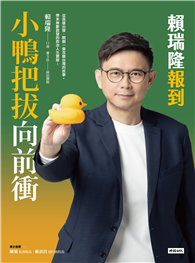| FindBook |
有 3 項符合
Take Charge of Your Own Ageing:Growing Old in Hong Kong的圖書 |
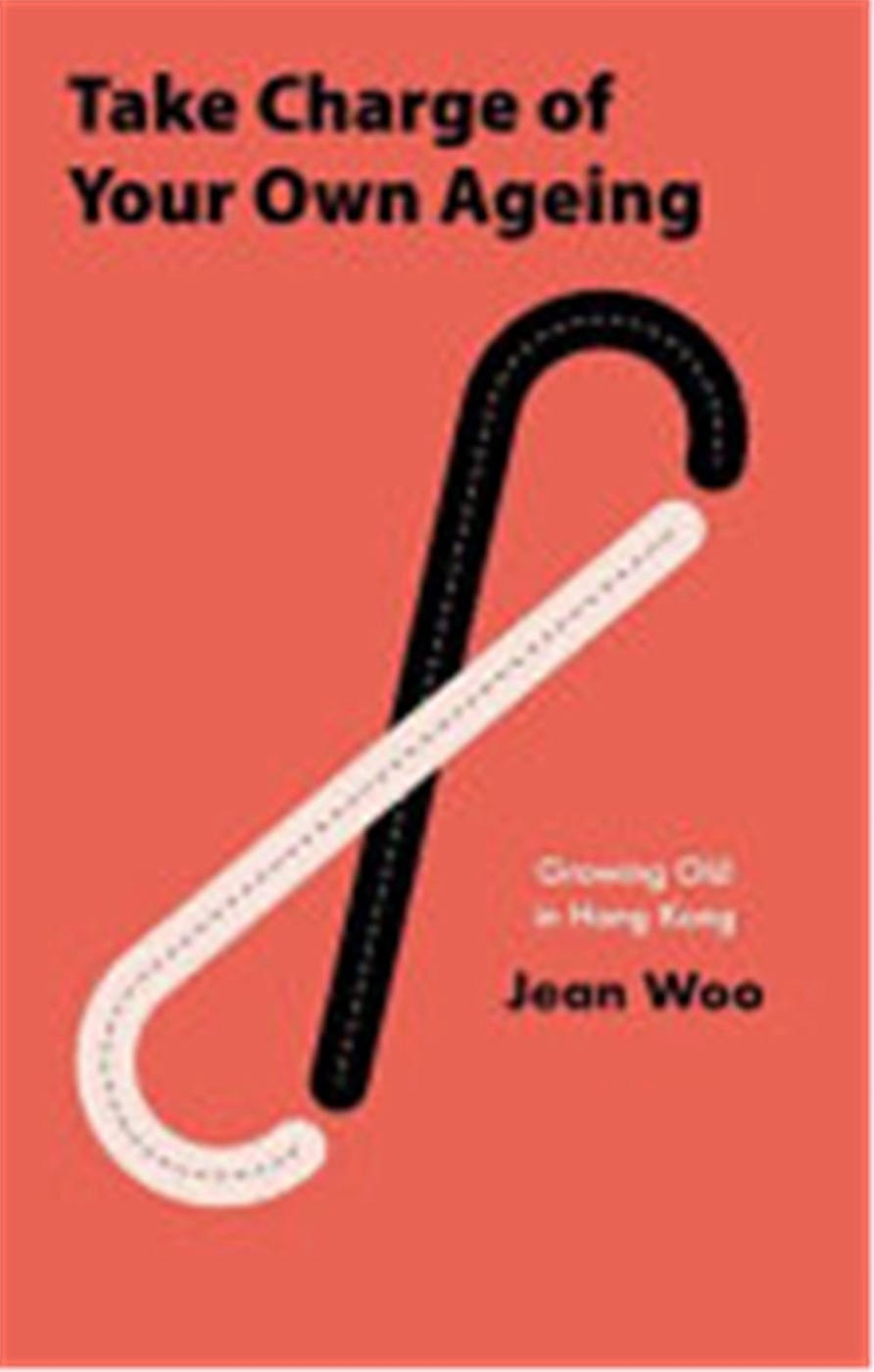 |
Take Charge of Your Own Ageing:Growing Old in Hong Kong 作者:Jean Woo 出版社:香港中文大學 出版日期:2024-02-01 語言:繁體中文 規格:精裝 / 120頁 / 12.8 x 20 x 1.68 cm / 普通級/ 單色印刷 / 初版 |
| 圖書選購 |
| 型式 | 價格 | 供應商 | 所屬目錄 | $ 639 |
區域研究 |
$ 660 |
中文書 |
$ 660 |
社會 |
|---|
| 圖書館借閱 |
| 國家圖書館 | 全國圖書書目資訊網 | 國立公共資訊圖書館 | 電子書服務平台 | MetaCat 跨館整合查詢 |
| 臺北市立圖書館 | 新北市立圖書館 | 基隆市公共圖書館 | 桃園市立圖書館 | 新竹縣公共圖書館 |
| 苗栗縣立圖書館 | 臺中市立圖書館 | 彰化縣公共圖書館 | 南投縣文化局 | 雲林縣公共圖書館 |
| 嘉義縣圖書館 | 臺南市立圖書館 | 高雄市立圖書館 | 屏東縣公共圖書館 | 宜蘭縣公共圖書館 |
| 花蓮縣文化局 | 臺東縣文化處 |
|
|
Health is not just the absence of disease.
In an era when living to 100 is becoming more common,
our concept of ageing must evolve.
While Hong Kong people enjoy the world''s longest life expectancy, an important question arises: Are we truly achieving healthy ageing?
In this book, Professor Jean Woo addresses a diverse array of challenges associated with the elderly population in Hong Kong society, including issues like elderly poverty, unfriendly community designs, unfair stigmatization faced by seniors, and late-life loneliness. Drawing on extensive research and clinical experience, she advocates for self-care, education, and empowerment, encouraging us to move beyond dependence on doctors and medications.
Ageing is inevitable, yet we can control how we age.
--------------------------------------------------------------
By 2046, 36% of Hong Kongers will be ‘older adults’. Take Charge of Your Own Ageing is a timely publication to remind our society about the significance of co-creating a city that is environmentally and socially friendly towards the physical, mental and social well-being of an ageing population with a 100-year lifespan. This book is a must-read for policymakers, businessmen, NGOs, older adults and caregivers. Collaborative and intersectoral efforts are needed to foster age-friendly policies, measures and places, empowering older adults to take charge of their own lives instead of being passive care recipients.
—Professor Ng Mee Kam
Director, Urban Studies Programme, CUHK
Even in her seventies, Professor Jean Woo has kept the fire in her heart burning. With her unwavering commitment to health, she herself is a demonstration of living a life to the fullest against a ticking clock. Not only is she outspoken, but she also takes seriously her commitment to improving the health of Hong Kong people through community services, gerontechnology, and countless studies on well-being.
This book records what Prof. Woo, as an authority of on gerontology, has observed in the hospitals and communities in Hong Kong over the past half century. She is frank enough to point out the various problems behind the façade of Hong Kong people’s longevity: How can the health indicators of the elderly be the same as those of the general population? Apart from the general differences in health problems and treatments between men and women, the elderly also suffer from deleterious effects of loneliness and social isolation after the pandemic as the outcome of health inequalities.
— Chan Hiu Lui
Chief Editor of Big Silver
Over the past two to three decades, the WHO has endeavoured to promote universal health and develop primary healthcare, emphasising that collective efforts from various sectors of society are necessary to achieve good health for all, and maintain the quality of life in old age by improving areas ranging from urban design, public services, private market operations, education, employment, housing, food safety, to social inclusion, community participation, and poverty eradication. In other words, we need to plan for a ‘healthy city’. Both Prof. Woo and I have happened to promote interdisciplinary and trans-sectoral collaboration within communities, to encourage everyone to take their awareness of health to the next level— taking appropriate health actions with improved health literacy.
I hope for a complete change in Hong Kong society, whether it is a change in our vision of life or our social culture and socio-economic operations that prompt us to think only the healthcare system is responsible for handling wellbeing issues. Just as Prof. Woo said we cannot simply ‘relying on doctors, investigations and drugs, accompanied by unrealistic expectations that bad health outcomes can be avoided if you do what the doctors tell you’. After all, why do we strive to maintain good health? Isn’t it because there is nothing more important than living well and dying well?
—Dr Fan Ning
Founder of Health In Action & Chairman of Forget Thee Not
作者簡介:
Professor Jean Woo graduated from the University of Cambridge in 1974. She joined the Department of Medicine at The Chinese University of Hong Kong in 1985 as Lecturer and became Head of the Department in 1993 until 1999. She established the Centre for Nutritional Studies in 1997 using a self-financing model to carry out service, education and research; and the Centre for Gerontology and Geriatrics in 1998 (renamed as the S.H Ho Centre for Gerontology and Geriatrics in 2006), offering self-financed courses in Gerontology and Geriatrics, as well as End of Life Care.
Currently she is the Co-Director of CUHK Institute of Health Equity, Director of the CUHK Jockey Club Institute of Ageing, Henry G Leong Research Professor of Gerontology and Geriatrics, Department of Medicine & Therapeutics at The Chinese University of Hong Kong, and Honorary Consultant of Prince of Wales Hospital and Shatin Hospital.
Chapter One
What Is Healthy Ageing? / 1
Chapter Two
Are We Achieving Healthy Ageing in Hong Kong? / 11
Chapter Three
Is Social Inequality Making Us Sick? / 27
Chapter Four
Can We Do Better? / 41
Chapter Five
What Are Other Countries Doing? / 81
Conclusion / 91
References / 95
|

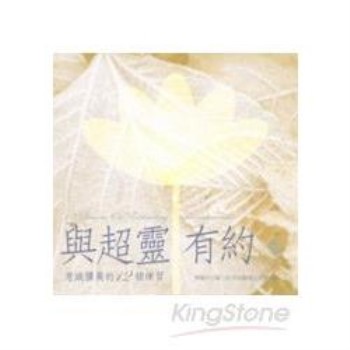
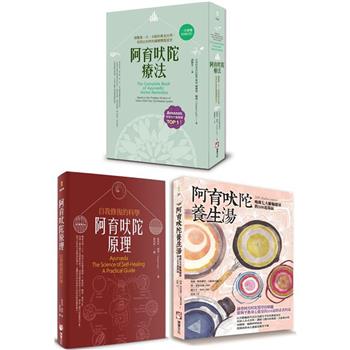
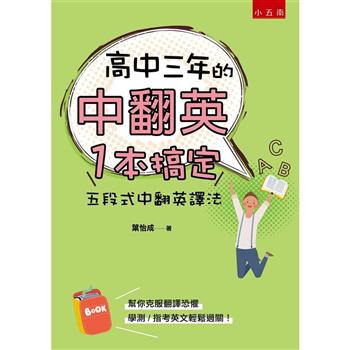
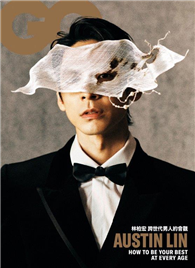



![114年台電新進雇員配電線路類超強4合1[國民營事業] 114年台電新進雇員配電線路類超強4合1[國民營事業]](https://media.taaze.tw/showLargeImage.html?sc=14100121137)
